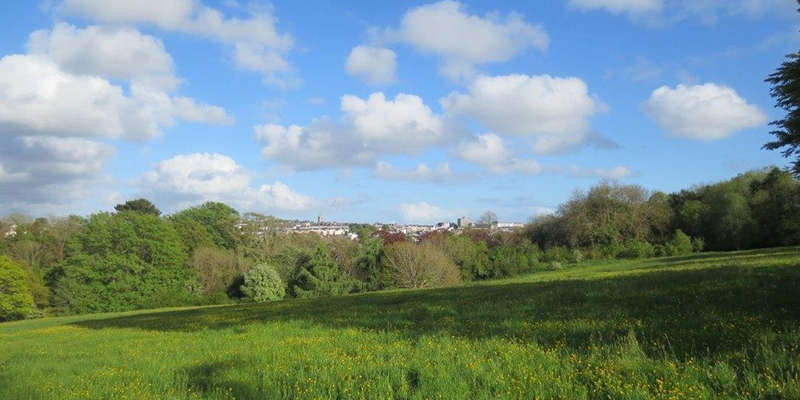
Rewilding campaigners not happy
Plans to cut grass in some areas of Plymouth which was allowed to grow wild last year have been criticised by a group which campaigns to restore natural habitats.
Plymouth City Council say they will not observe the ‘No Mow May’ challenge as strictly as they did last year.
The international campaign urges people to avoid cutting grass in May in order to encourage biodiversity and help support bees and other wildlife.
The council insists it is still committed to encouraging biodiversity and will leave 40 per cent of the grass it manages uncut.
But it adds that a strict ‘No Mow May’ policy caused problems last year because wet and warm weather together with staffing issues meant grass grew longer than expected.
Its length in some areas also led to complaints by residents.
Councillor Maddi Bridgeman (Conservative, Moor View), cabinet member for the environment and Street Scene, said: “Amending the grass cutting cycles to prioritise nature is something we must do if we are to meet our ambitious climate emergency targets.
“We must provide stepping stones for nature by rewilding areas that are of little use to residents.”
The council says it believes its strategy is nature-positive enough in its entirety that not cutting for a month would be of little benefit and they are confident that its approach is balanced.
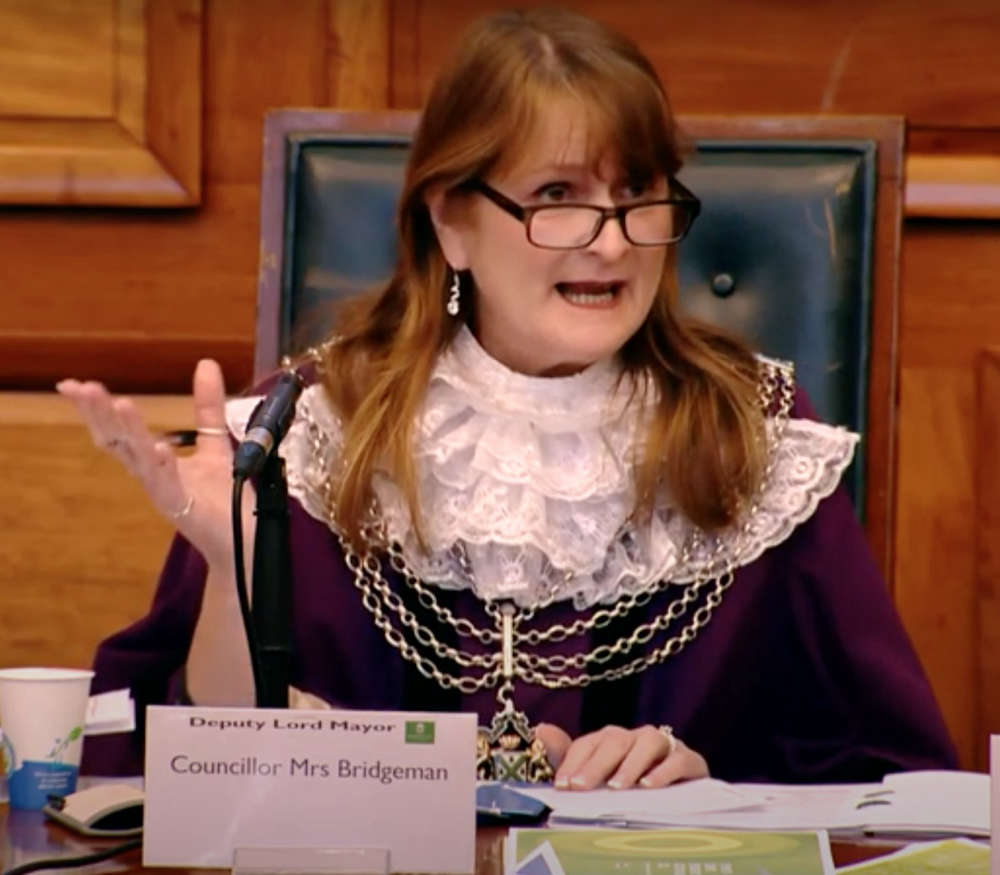


Cllr Maddie Bridgeman wants areas rewilding (courtesy: Plymouth City Council)
The campaign group Rewilding Britain wants nature take care of itself by restoring damaged ecosystems degraded landscapes.
Richard Bunting, spokesperson for the group and director of an environmental project Little Green Space, based in the Peak District, says Plymouth’s strategy may be short-sighted.
“As we’re all facing overlapping nature and climate emergencies, we’d urge councils to do more, not less, to support ‘No Mow May’ and create more healthy spaces for nature recovery in their communities” he says.
“Reducing needless over-mowing is an easy way to offer wildflowers and wildlife a lifeline, while allowing people to benefit from more nature in our urban areas and while saving councils time, effort and expense.
“Bees and bumblebees love clover and dandelions, and hoverflies, butterflies, moths, grasshoppers and ladybirds will all be attracted to areas of wildflowers.
“Birds, bats and hedgehogs will be tempted by the increased insect population. Birds also feed on the seeds of long grasses, as well as on the seeds of dandelions and teasels. And more nature is good for people’s health and wellbeing.
“So while welcoming the steps that Plymouth City Council is taking to help nature, it’s important to remember that ‘No Mow May’ does a great job of highlighting the benefits of reducing mowing – and the more councils around the country that get on board and help lead the way, the better for biodiversity and for inspiring people to support action to help nature recover.
“Plantlife’s research, for example, has shown that simple changes in mowing can result in enough nectar for 10 times more bees and other pollinators.”
Plantlife is a conservation charity, of which the Duke of Cornwall, Prince Charles, is patron.
Mr Bunting continued: “I think we should also remember that councils can easily take part in initiatives such as ‘No Mow May’ while still ensuring a sensible mix including shorter grass in areas used by people for recreation, or for essential visibility on road verges.
“Such a mix of habitats and grass lengths boosts biodiversity too, because – while more longer grass and wildflowers are desperately needed, especially with some 97 per cent of the country’s wildflower meadows having been lost in living memory – the more closely mown areas can in turn support wildlife such as birds and mining bees.
“Overall we need more councils to shift from an emphasis on ‘neat and tidy’ to ensuring a nature-rich mosaic of healthy habitats.”
Plymouth Council says where they have grassy areas that are of more use to wildlife than people – like steep banks, some verges and the fringe of open spaces – they will only be cutting around the edges and leaving the rest to grow wild.
But they will continue to keep the parks and open spaces managed and also cut some areas to ensure roads are safe.
Cllr Bridgeman added: “We get there is a balance between [rewilding] and delivering what residents have told us that they value here and now and I think that this year’s strategy – a sort of ‘low mow May’ – gets that about right.”
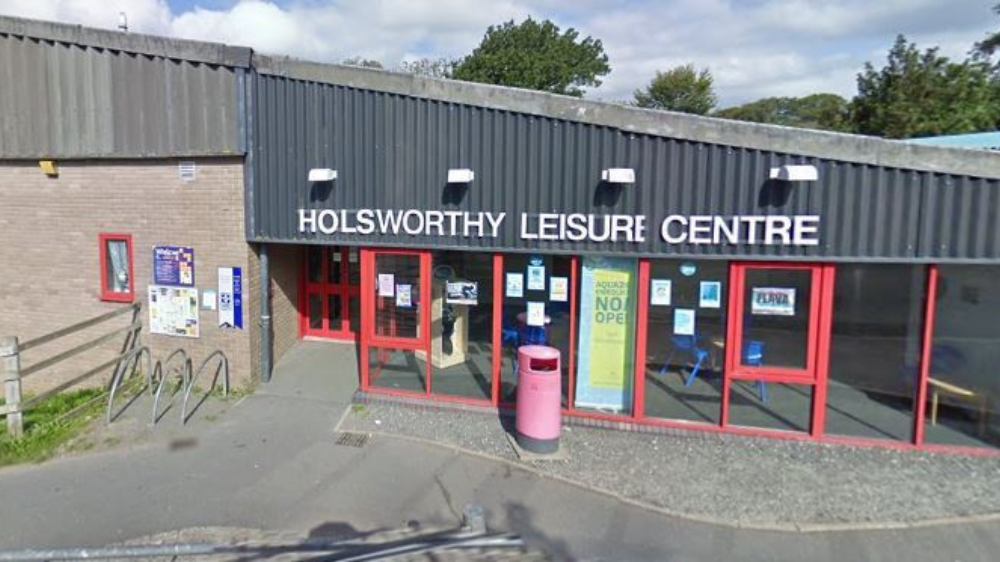 Torridge taxpayers safe from leisure collapse
Torridge taxpayers safe from leisure collapse
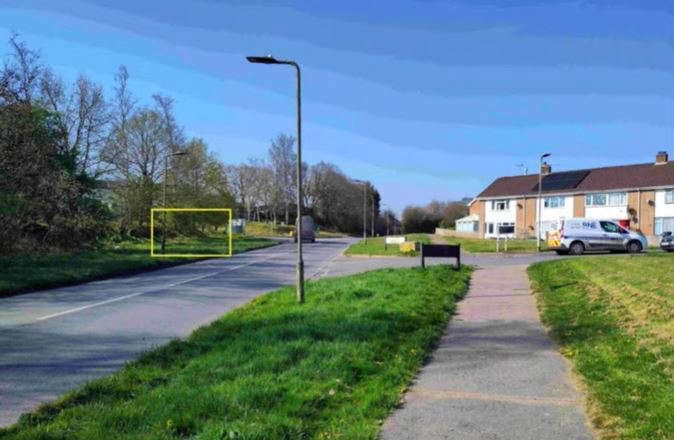 West Devon planners say no to net-zero plans
West Devon planners say no to net-zero plans
 East Devon theatre needs your help
East Devon theatre needs your help
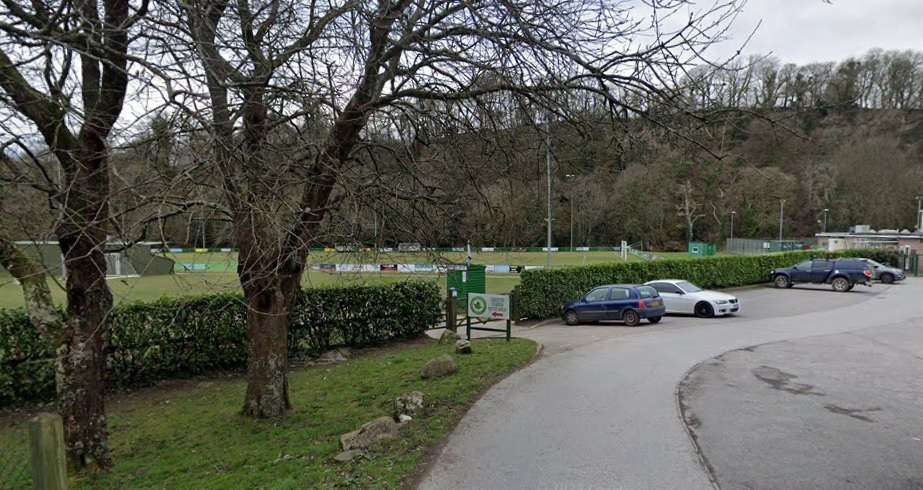 Ivybridge football project given go ahead
Ivybridge football project given go ahead
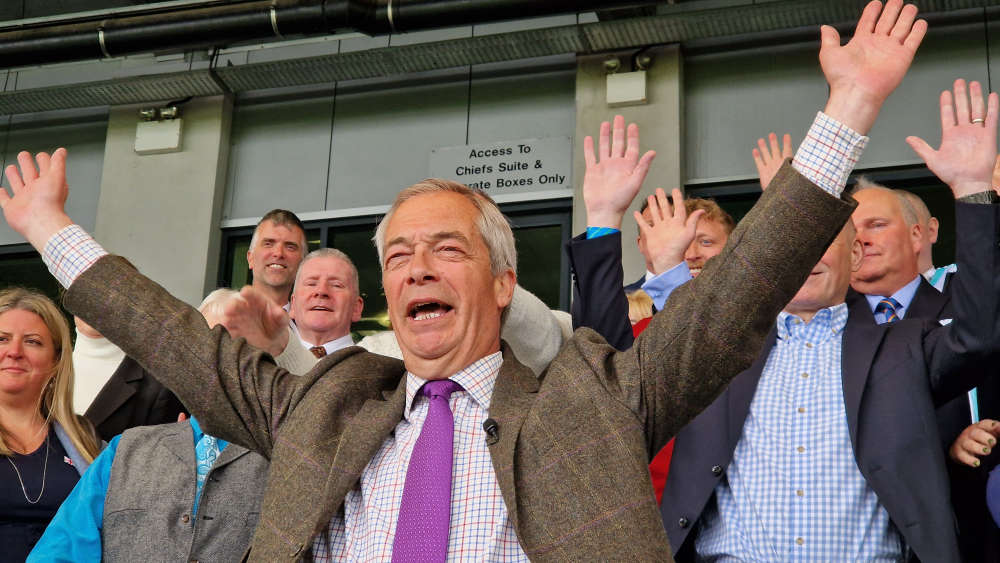 Farage condemns Devon's 'woke' Tories
Farage condemns Devon's 'woke' Tories
